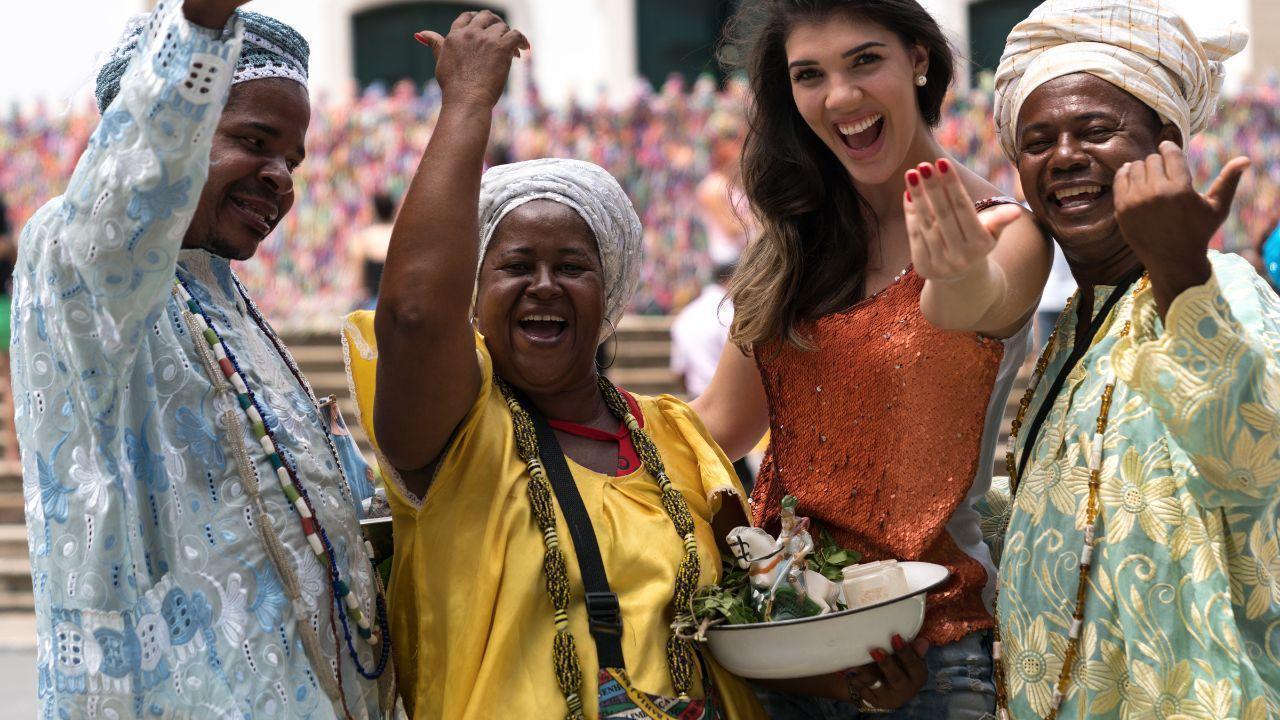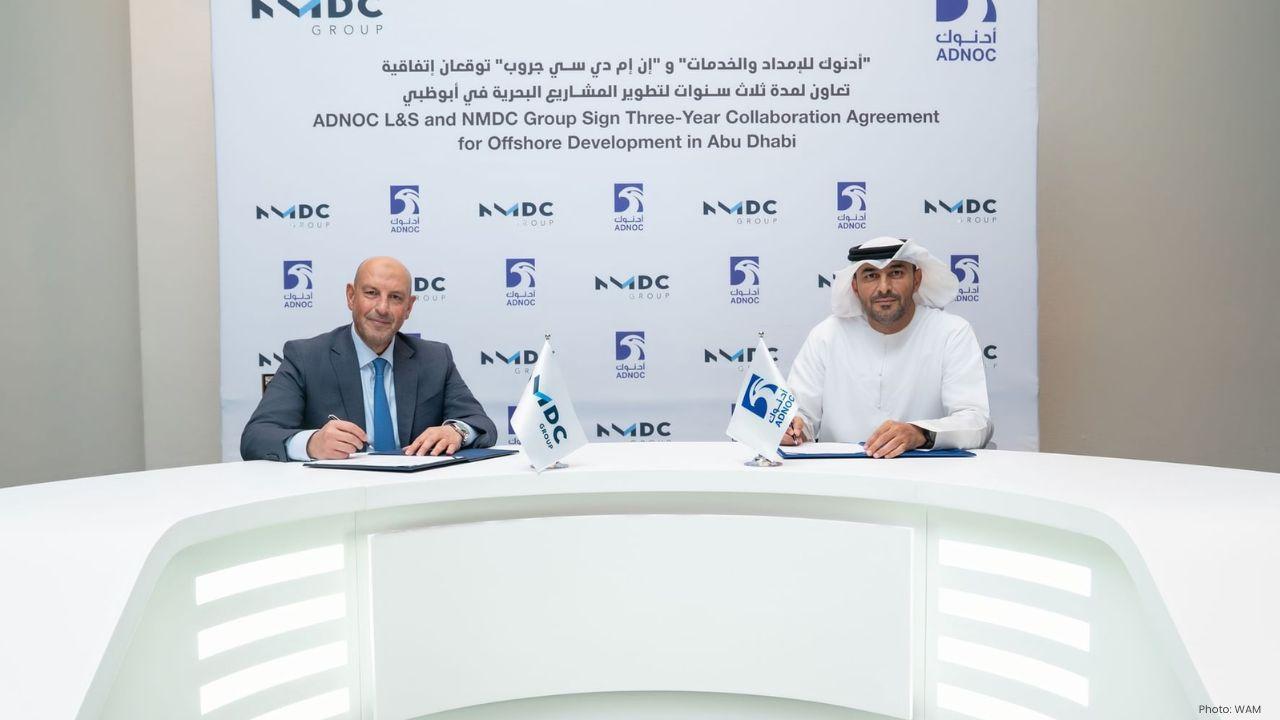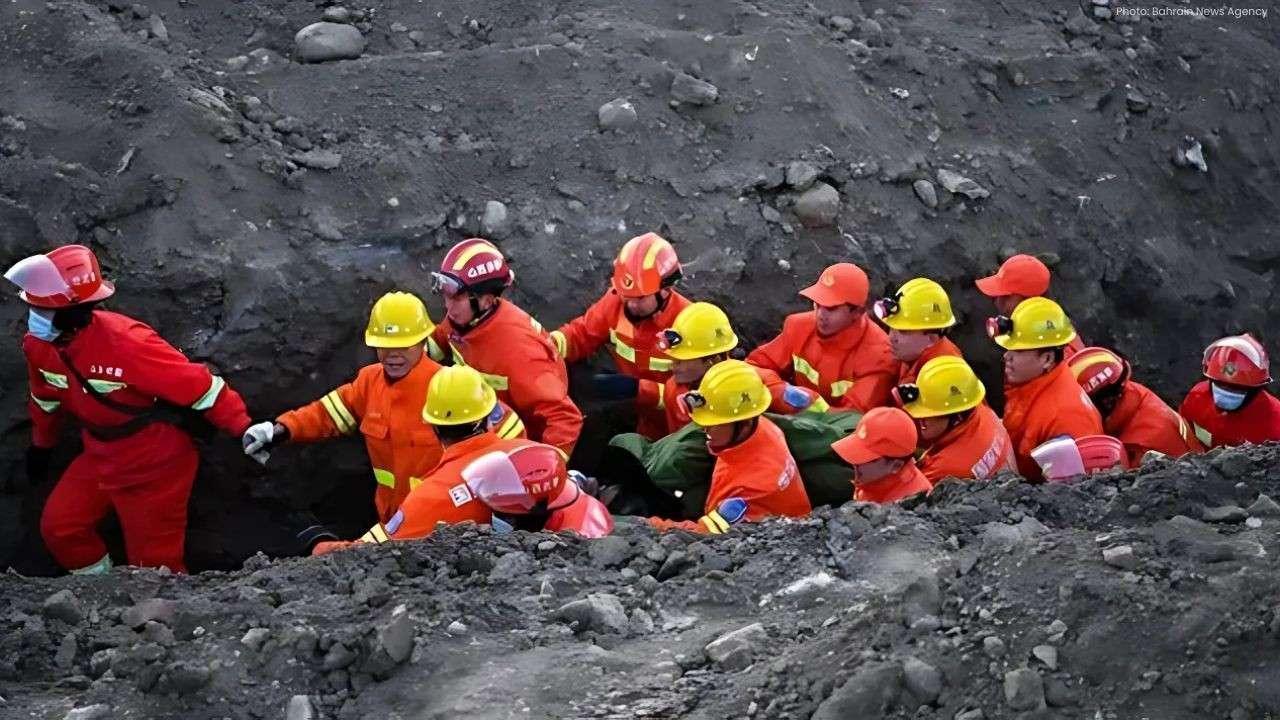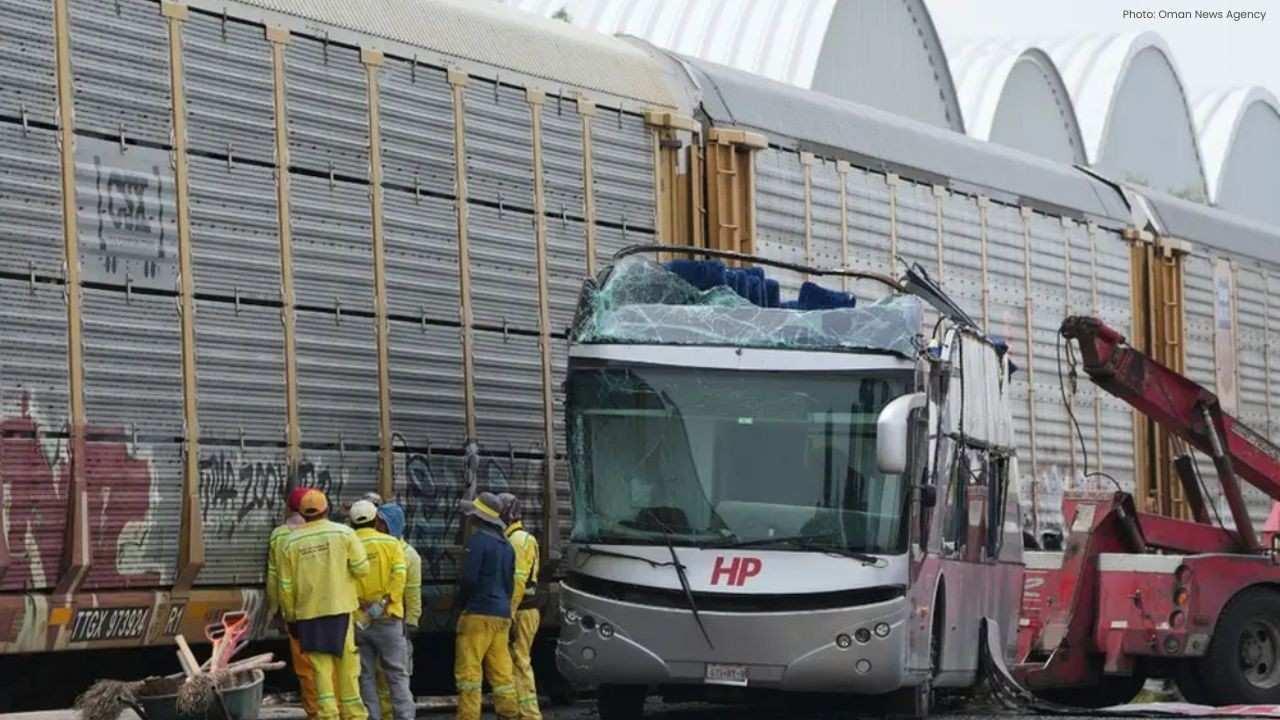
Post by : Mumtaaz Qadiri
A deadly earthquake struck eastern Afghanistan on August 31, causing massive destruction in the region. The United Nations’ initial assessment found 5,230 homes completely destroyed and 672 more damaged across 49 villages. However, the UN has not yet been able to reach most remote villages, so the full impact may be far worse. Shannon O’Hara, the coordination chief for the UN humanitarian office in Afghanistan, said that damaged roads in the mountainous east made it extremely difficult to reach many affected areas. Several aftershocks ranging from 5.2 to 5.6 in magnitude have further complicated relief efforts.
Death Toll And Population Affected
The earthquake has killed at least 2,200 people, and that number is expected to rise as more bodies are recovered. The UN estimates that up to 500,000 people have been affected, including many children. Some victims are Afghans who were forcibly returned from Pakistan and Iran. Families have lost homes, belongings, and access to essential services, making urgent aid a critical priority.
Difficulties In Reaching Villages
The UN team faced major challenges in reaching the hardest-hit areas. O’Hara explained that it took her more than six and a half hours to travel about 100 kilometers from Jalalabad, the largest city near the quake zone, to the epicenter. The journey was on a narrow, single-lane road carved into the mountains, blocked in several places by landslides. Trucks carrying humanitarian aid and vehicles were struggling to move up and down the valley to reach those in need.
Devastation Observed On The Ground
As the UN team approached the epicenter, the destruction became increasingly severe. Entire villages were flattened, and the air carried the smell of dead animals. Many families had lost their homes and were living in crowded tents or sleeping under the open sky, exposed to rain and cold. Survivors carried children and whatever belongings they could salvage. Mothers and fathers were seen carrying children with fresh bandages covering injuries, showing the urgent need for medical support.
Lack Of Clean Water And Sanitation
The affected areas lack clean water and proper sanitation, which increases the risk of disease. Cholera is already present in the region, and initial assessments indicate that 92% of communities practice open defecation. UN officials warned that without immediate intervention, a cholera outbreak could occur. Providing clean water, safe sanitation, and hygiene supplies is critical to prevent further deaths and illness.
Urgent Humanitarian Needs
The UN emphasized the overwhelming needs of the survivors. Essential requirements include food, clean water, medical care, tents, latrines, and warm clothing. With winter approaching, timely assistance is crucial to prevent additional deaths. In visits to three camps for displaced people, women highlighted the urgent need for clean water and proper clothing for themselves and their children. These basic needs are vital for survival in harsh conditions.
Threat Of Flash Floods And Landslides
Time is critical in the disaster response. Rainfall could cause flash floods in valleys where displaced families are staying. Additional aftershocks might trigger landslides, further isolating villages. Snowfall in the coming months could completely cut off mountain valleys, leaving many communities unreachable. Immediate aid is essential to ensure families survive before winter conditions worsen.
UN Emergency Appeal
The United Nations will issue an emergency appeal for funding to provide urgent relief. This appeal aims to deliver food, clean water, medical supplies, tents, and clothing to affected families. International support and contributions are critical to ensure aid reaches the most vulnerable people quickly.
Role Of Local Authorities
Afghanistan’s ruling Taliban authorities have led search and rescue efforts, ensuring that aid reaches affected communities. So far, there have been no major obstructions to humanitarian operations. Special attention is being given to include women in health teams and aid distribution to ensure female survivors and children receive proper care.
Experiences Of Survivors
Many survivors have shared harrowing experiences of loss. Some lost homes, livestock, and livelihoods entirely. Children and adults are living in tents or under open skies without access to hygiene, food, or clean water. Families carried children and possessions over difficult mountain terrain to reach safety. These stories highlight the urgency of humanitarian aid and the ongoing struggles faced by survivors.
Importance Of Immediate Action
The disaster emphasizes the need for rapid humanitarian intervention. Delays could result in more deaths, especially as winter approaches. Clean water, food, medical care, and warm clothing are essential to protect survivors from cold, hunger, and disease. UN officials stress that swift action is critical to prevent further suffering.
Coordinating International Aid
The UN is coordinating with international organizations and local partners to deliver aid efficiently. This includes sending medical teams, tents, clean water, and other essential supplies. Cooperation among governments, NGOs, and humanitarian organizations ensures that aid reaches the most vulnerable communities in a timely manner.
Long-Term Impact On Communities
Beyond immediate destruction, the earthquake will have long-term social and economic effects. Many families have lost homes, land, and livelihoods. Recovery will require sustained humanitarian support to rebuild communities and restore access to basic services. Timely aid is crucial to reduce long-term suffering and help affected populations recover.
The August 31 earthquake in eastern Afghanistan has caused massive destruction, killing over 2,200 people and destroying more than 5,230 homes. Thousands of families are displaced, with urgent needs for food, water, medical care, and shelter. Immediate humanitarian assistance is critical to save lives, prevent disease, and support recovery before winter arrives. International support and coordination remain essential to help survivors survive and rebuild their communities.
Afghanistan earthquake aid, UN disaster assessment, Emergency humanitarian response










NMDC Group And ADNOC L&S Sign Three-Year Deal For Offshore Work
NMDC Group and ADNOC Logistics & Services sign a three-year deal to deliver maritime services for of

Six Miners Trapped After Earthquake Hits Coal Mine In China
A mining-related earthquake struck a coal mine in Heilongjiang, China, trapping six miners undergrou

Train Collides With Bus In Mexico Killing 10 And Injuring Many
At least 10 dead and 41 injured after a train hit a bus at a rail crossing in Mexico. Authorities co

UAE Olympic Football Team Qualifies For AFC U-23 Asian Cup Finals
UAE Olympic football team qualifies for AFC U-23 Asian Cup finals in Saudi Arabia despite 3-2 loss t

Apple Launches iPhone Air With Thinnest Design & Pro Performance
Apple unveils the new iPhone Air, its thinnest model with pro performance, multiple colors, large st

Al Wakrah Wins French Arabian Breeders’ Challenge Sprint Again
Al Wakrah, trained by Jean de Mieulle, wins French Arabian Breeders’ Challenge Sprint in France, mar